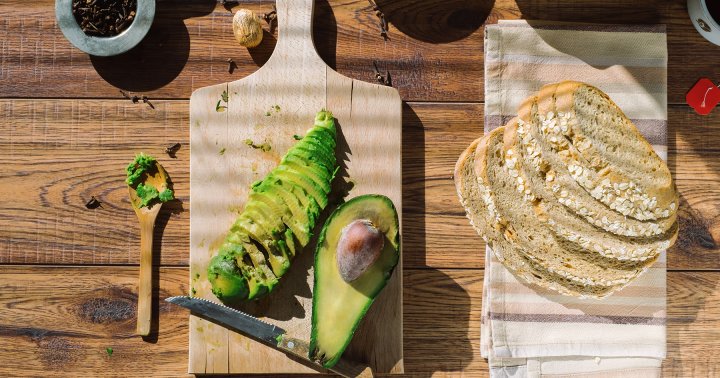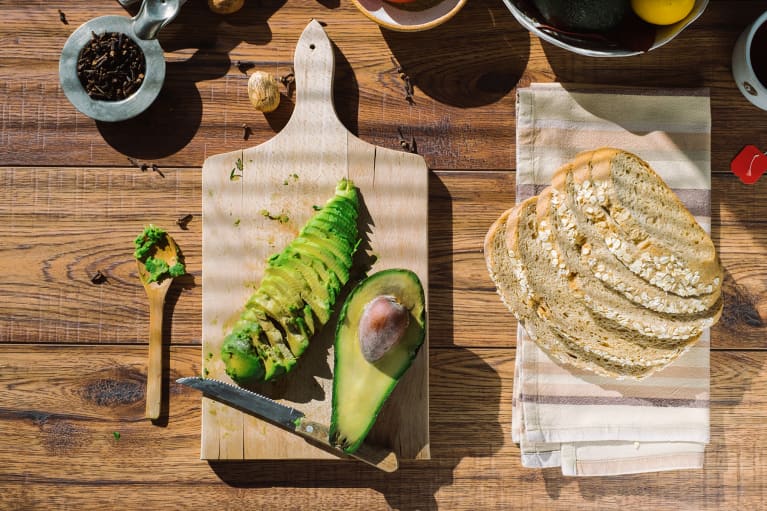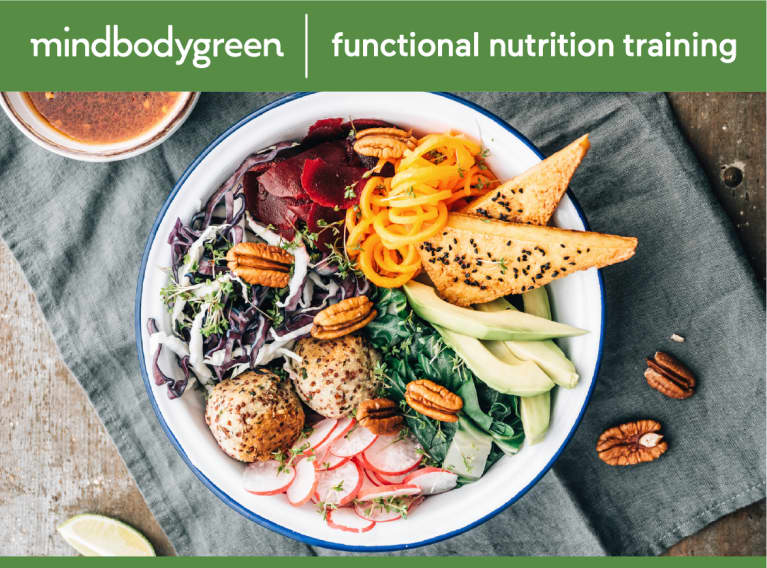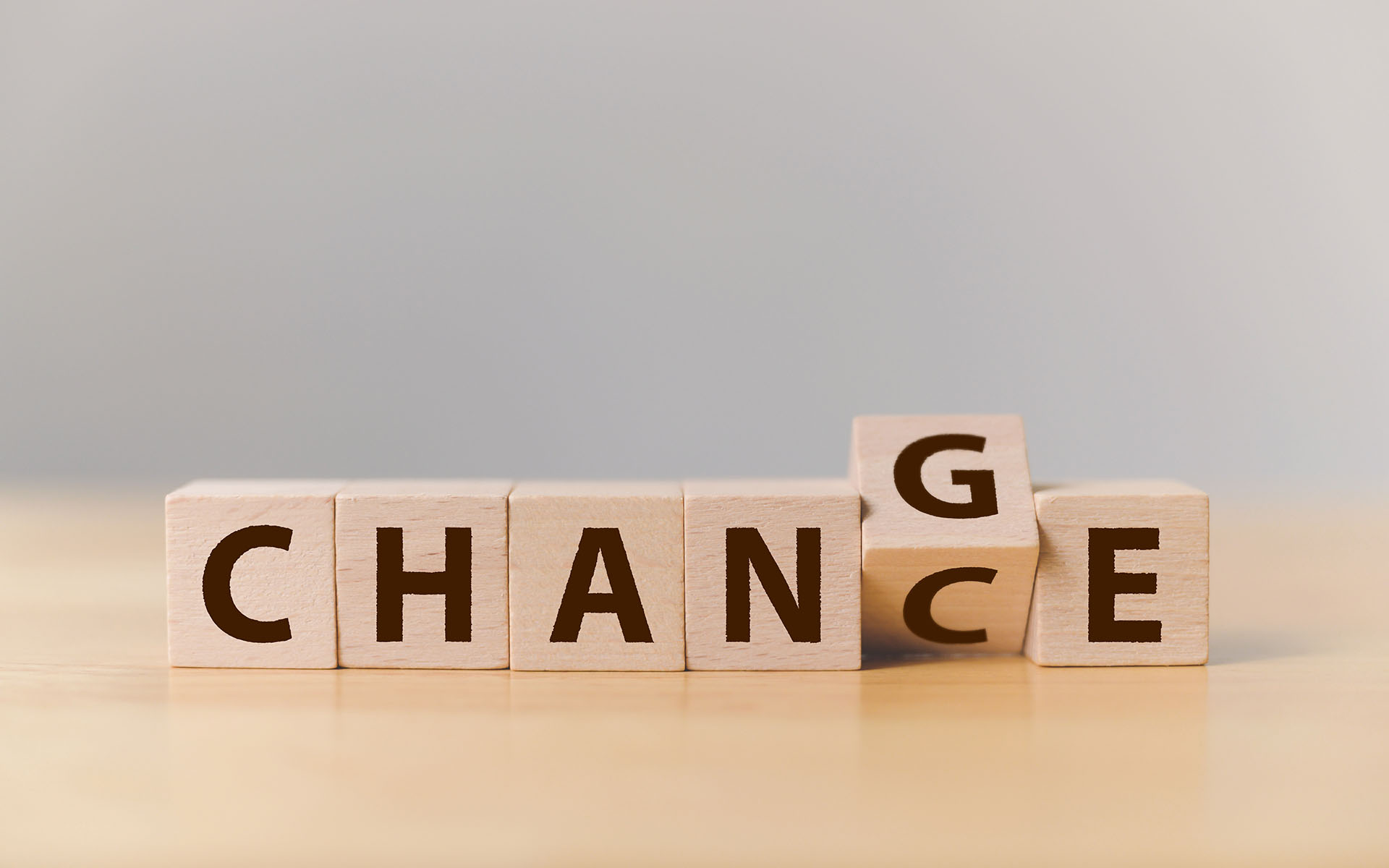Nursing A Hangover? 26 Expert-Backed Foods To Help You Feel Better
Some alternatives to the classics.


January 1, 2022 — 11:15 AM
If a night of drinking has you feeling less than spry the next morning, you might be wondering: Are there any more nutritious alternatives to classic hangover eats? After all, it makes sense to replenish your system with nourishing ingredients, to help with things like dehydration and electrolyte-loss.
For some healthier options to nosh on when you're hungover, experts share exactly what to grab and why.
Healthy foods that can help your hangover.
The number one thing all of our experts emphasize for dealing with hangover symptoms is hydrating–ideally, hydrating while drinking, too. Integrative nutritionist Ella Davar, R.D., CDN explains that alcohol is high in ethanol, which “causes dehydration, due to kidney excretions.” As a result, she recommends “higher hydration during alcohol consumption. Meaning, between sipping on wine, always have water!” More specifically, she recommends eight ounces of water for each serving of alcohol.
In addition to this more proactive approach, she offers a few other top options to help replenish nutrients. “My number one food is bone broth, which is high in water and the gut-supporting amino acid L-glutamine. Some of my favorite foods that are higher in electrolytes and liver-detoxifying are green juices (made with cucumber, celery, green leafy vegetables, and spices), or a green smoothie," she says. "Also, probiotic-rich pickled beets or kimchi with a side of protein-packed eggs.”
Registered dietitian Jess Cording, M.S., R.D., CDN adds that replenishing B-vitamins is crucial (she recommends oats, whole grain toast, and bananas), in addition to enjoying water-rich fruits and vegetables like watermelon. However, she notes that “if you're experiencing digestive discomfort, you may want to go slow with the fruit, because of the higher sugar content."
As for electrolytes, Cording suggests potassium-rich options like “leafy greens, tomatoes, avocado, cantaloupe, winter squash, and potatoes” plus foods with magnesium, such as nuts, seeds, and sweet potatoes. Adding in some sodium is also key, but she shares that she “would encourage getting it from probiotic foods like pickles or sauerkraut or adding a pinch of salt rather than getting it from processed options.”
Finally, Cording emphasizes the importance of consuming meals that will help stabilize your blood sugar: “Depending on what you feel up for, try incorporating some gentle proteins (a few ideas: bone broth, eggs/egg whites, collagen powder) and healthy fat (ex: avocado, nut butter).” Below, she offers a few easy meal ideas to try:
Replenishing your body’s fluids is just as important for mental health as it is for physical health. According to board-certified psychiatrist, professional chef, and nutrition specialist Uma Naidoo, M.D., water and electrolytes are key to staving off the symptoms of “hangxiety”, or the anxiety that can accompany a hangover. In addition to hydration, she suggests “green or black teas because of their L-theanine” (they also support energy levels).
Naidoo also suggests adding in some anti-inflammatory foods. Her favorites include “fermented foods like coconut yogurt topped with berries for an extra antioxidant boost, and nourishing golden milk." She also goes for foods high in fiber, such as a warm bowl of spiced black beans over brown rice.
Healthy hangover foods to try:
To recap, here are the nourishing expert-backed options to try if you're experiencing hangover symptoms:
Can food help cure a hangover?
Functional Nutrition Training
A cutting-edge nutrition deep dive taught by the world’s foremost health & wellness experts.

There’s good and bad news when it comes to just how effective food can be for helping with a hangover. When it comes to "curing" said hangover, Cording says it's unfortunately not possible. "That said, certain foods can help make you feel better, and hydration can make a huge difference,” she notes.
Naidoo adds: “If you wake up with just a bad hangover feeling (as opposed to more serious signs of alcohol withdrawal), then making healthier food choices can certainly help, as most of the unpleasant symptoms of hangovers stem from dehydration and the effects of alcohol wearing off on the brain."
She says the best fixes for a hangover are the basics: sleep, water, and rest. "However, foods that are high in protein and solutes may help replete our body’s fluid reserves, while soothing foods like fermented yogurts, folate-rich leafy greens, and nutrient dense nuts may help the brain restore its delicate balance of neurotransmitters for our mood and cognition."
Do greasy foods really help with a hangover?
The aforementioned “classics” when it comes to hangover foods are often pretty greasy. But is there any science to back up whether or not they really help?
Davar explains that they “may help to ‘soothe’ you emotionally, but what your body is really craving when you want some greasy foods is a homemade meal with the right balance of fats, proteins, and carbs.”
Naidoo agrees: “Many mistakenly turn to those greasy foods that are considered ‘comforting’, but unfortunately these foods are often discomforting for the brain." She also notes that those greasy and fried foods you might crave are actually "drivers of inflammation in the gut and brain, which can further exacerbate symptoms.”
What's more, Cording says the greasiness might worsen any digestive discomfort you might be experiencing.
Why do hangovers get worse with age?
It seems like pretty universal knowledge that hangovers get worse with age, right? Well, according to Naidoo, that's not necessarily the case, at least not based on research.
“The subjective experience could be due to numerous factors, such as your liver functioning slower, your body composition changing, or even just a changing perception of how bad the hangover is because of less frequent drinking.”
Davar offers a tip for helping our bodies to recover faster: “Our body's regulators, called hormones, play a major role in metabolic health and age-related health conditions. Hangovers only get worse with age for those who are not leading an active lifestyle and adhering to a low-sugar diet intake.”
What else can you do to help with a hangover?
Davar and Naidoo are fans of adding some citrus to water, to level-up the benefits: Try a squeeze of lemon juice for bonus antioxidants and electrolytes.
What's more, Cording is a big advocate of listening to your body. “If you want to move, move. If you need to rest, rest. Hydrate, and don't overdo it with coffee.”
As for preventing hangovers in the first place, in addition to the aforementioned hydration, Naidoo suggests: “Make sure you’re eating food before, to slow digestion of alcohol. Drink in moderate amounts and try to avoid super sugary drinks that can lead to a crash. Avoid mixed drinks that contain more alcohol and added sugars.”
In addition to nutrition, sleep is key: “We often hear that the best way to treat a hangover is to simply ‘sleep it off’, which is valid advice,” Naidoo explains. “After drinking, sleep allows your mind to get back to its healthy functioning, and helps reduce inflammation.”
If you aren’t feeling so great, consider nourishing your body with some of these expert-approved ideas. At the end of the day, self-compassion is paramount. As Davar shares: “A hangover is not the end of the world, or the end of the healthy eating journey. The next day, get up and continue nourishing yourself with love, tender care, and science-backed nutrition.”

 UsenB
UsenB 































